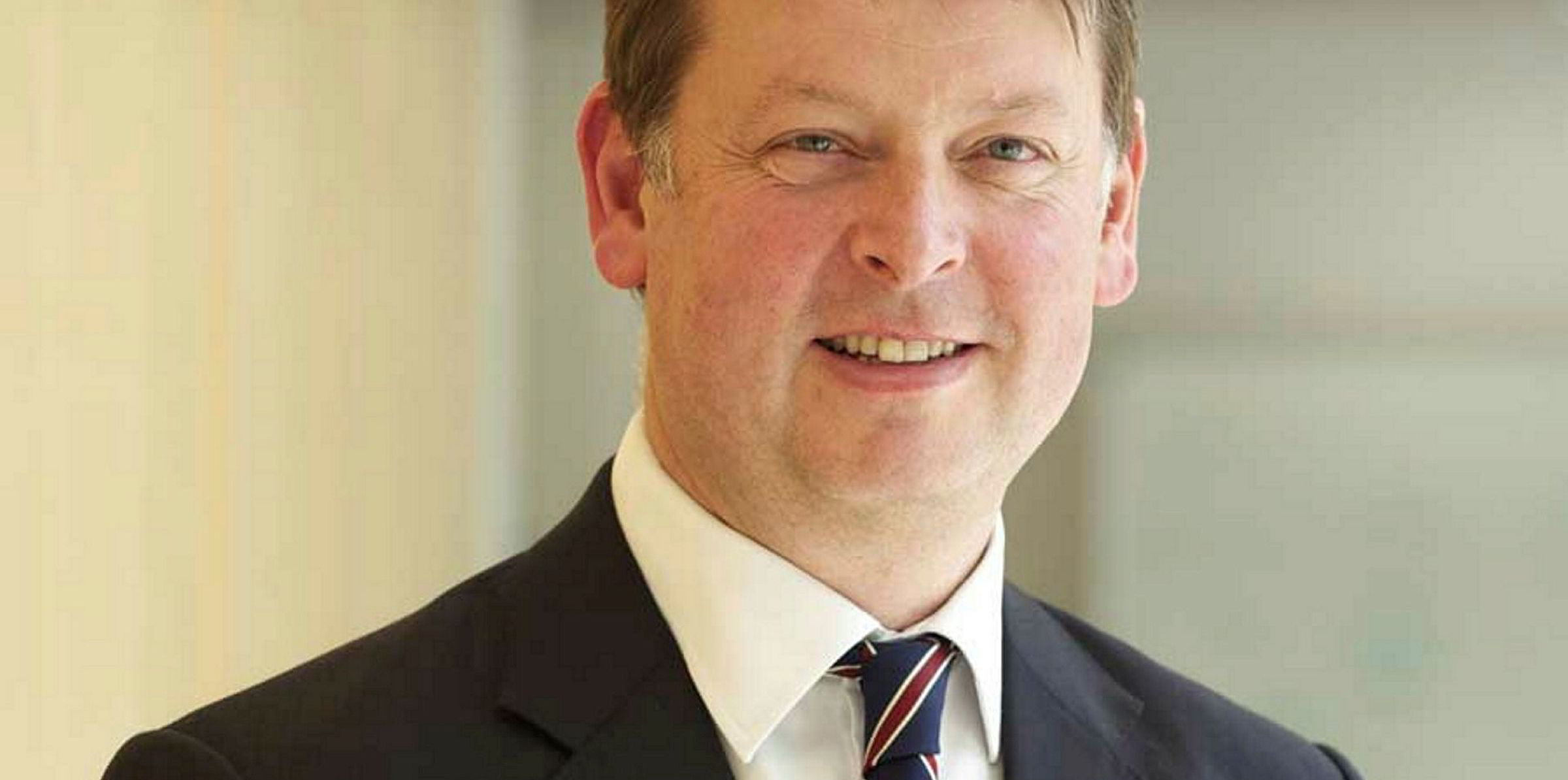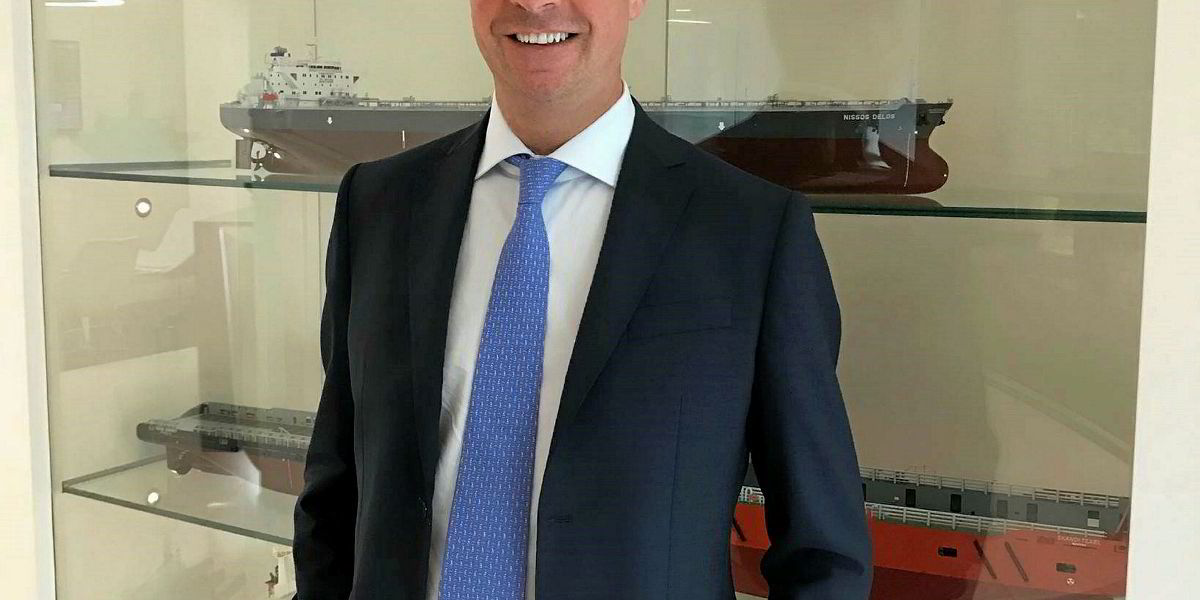A scramble for talent in the forward freight agreement (FFA) market has seen “Ronaldo-style” salaries paid to lure brokers, it is claimed.
Big pay packets have been offered in anticipation of a better market over the next couple of years, FFA sources told TradeWinds.
“It remains to be seen whether that money has been spent wisely,” said one senior manager based in London where much of the shuffling of personnel has happened over past months.
Among those impacted has been ICAP, which has closed both its wet and dry FFA desks.
Henry Liddell, managing partner of Howe Robinson Partners after the merger with ICAP Shipping, said somebody paid its FFA brokers “a hell of a lot of money to go elsewhere”.
He did not name names but ICAP has lost brokers from its wet and dry FFA desks to Clarksons.
Braemar ACM has also signed up someone from ICAP as well as various Clarksons names for its new dry cargo futures division.
Liddell said there came a point when, as people offered its brokers Cristiano Ronaldo-type cheques, the response had to be, "no, I am not going to match it".
He confirmed that the majority of ICAP's departing brokers have joined Clarksons, which unexpectedly decided to re-enter the tanker FFA market.
One ICAP derivatives broker has stayed on a different desk with what is now known as TP ICAP, since Tullett Prebon acquired ICAP’s global hybrid voice broking and information business.
Another ICAP futures broker is said to have joined Freight Investor Services (FIS).
Desk closures
ICAP’s wet FFA desk, which had around six brokers, closed earlier this year and the four-strong dry cargo FFA desk about six weeks ago.
Liddell said that the top three FFA players in the market are believed to be profitable and that included ICAP. This is despite persistent talk in the market that ICAP’s paper activities were loss-making.
The managing partner said that the company would have continued in freight derivatives if so many of its brokers had not been poached.
Quizzed on who made the final decision to close the FFA desks at ICAP, Liddell replied: "That is a very difficult question. Not an easy answer." He added that there was no plan to re-enter that market.
Among those joining Clarksons is Ben Courtney, former head of tanker derivatives at ICAP Energy and a previous chairman of the Tanker FFA Brokers Association.
Other market movements include Arrow Shipbroking’s new derivatives venture recruiting two brokers from Clarksons and another from Simpson Spence Young. Braemar is also said to have recruited a trader from Cargill and someone from Oldendorff.
Meanwhile, recent talk of a potential price war triggered by the new market entrants is being discounted by other FFA players.
FIS managing director John Banaszkiewicz was reported recently as claiming that two new derivative market entrants, believed to mean Braemar and Arrow, had cut their rates to secure a foothold.
But speaking to TradeWinds this week, Banaszkiewicz said there has been no radical decline in rates. And Chris Reilly, managing director of BRS London, said he is unaware of any specific examples where commissions have been reduced because of Braemar and Arrow’s entrance.
Others said it has been a very difficult market, especially in the last couple of years, to make money. Commissions have always been under pressure and were already “pretty low before these guys came into the market”, said one rival broker.
He estimated that typical commission was now just 0.125%.
Some commissions are said to be as low as 0.10%. It means that a panamax trade at $12,000 per day for a total of 15 days in the fourth quarter, which has a contract value of $180,000, would yield a commission of just $180.
”You need an awful lot [of contracts] to justify a £150,000 salary,” commented the broker.
Banaszkiewicz said new entrants to the market are welcome if they bring new clients and fresh ideas.





